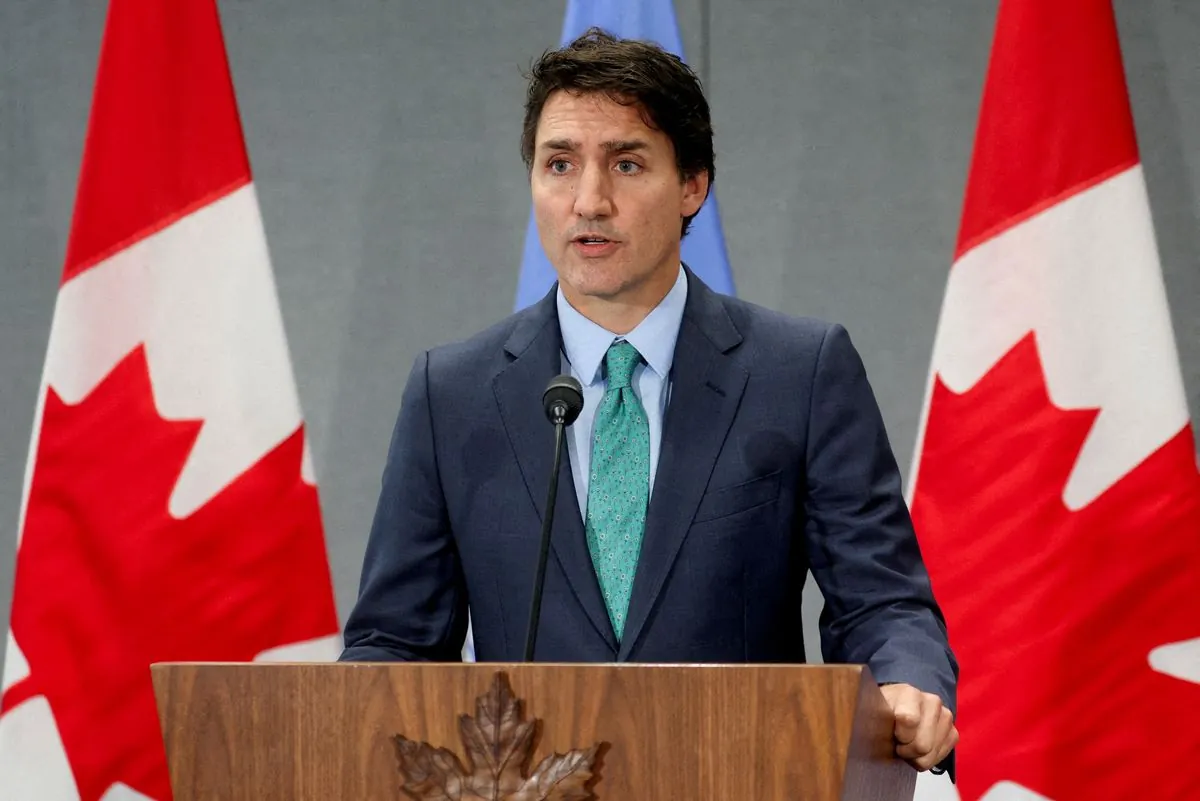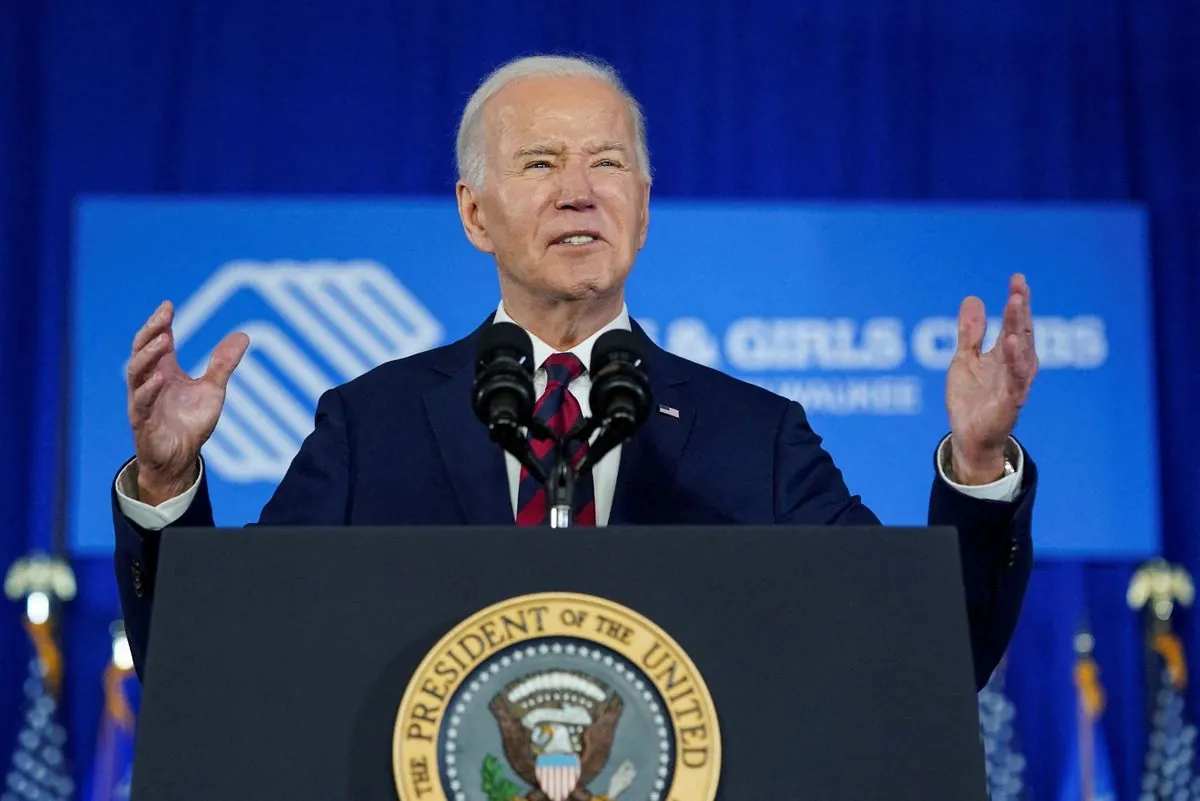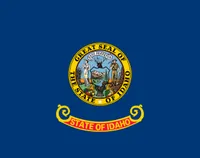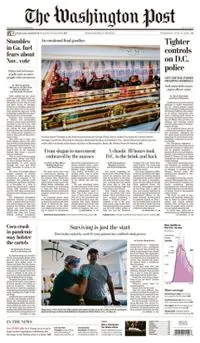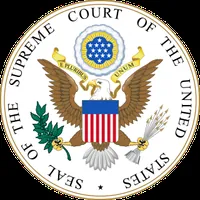Bangladesh Central Bank Shaken by Mass Resignations Amid Protests
Protests at Bangladesh Bank lead to multiple high-level resignations. Officials demand governor's resignation amidst allegations of corruption, following recent political upheaval in the country.
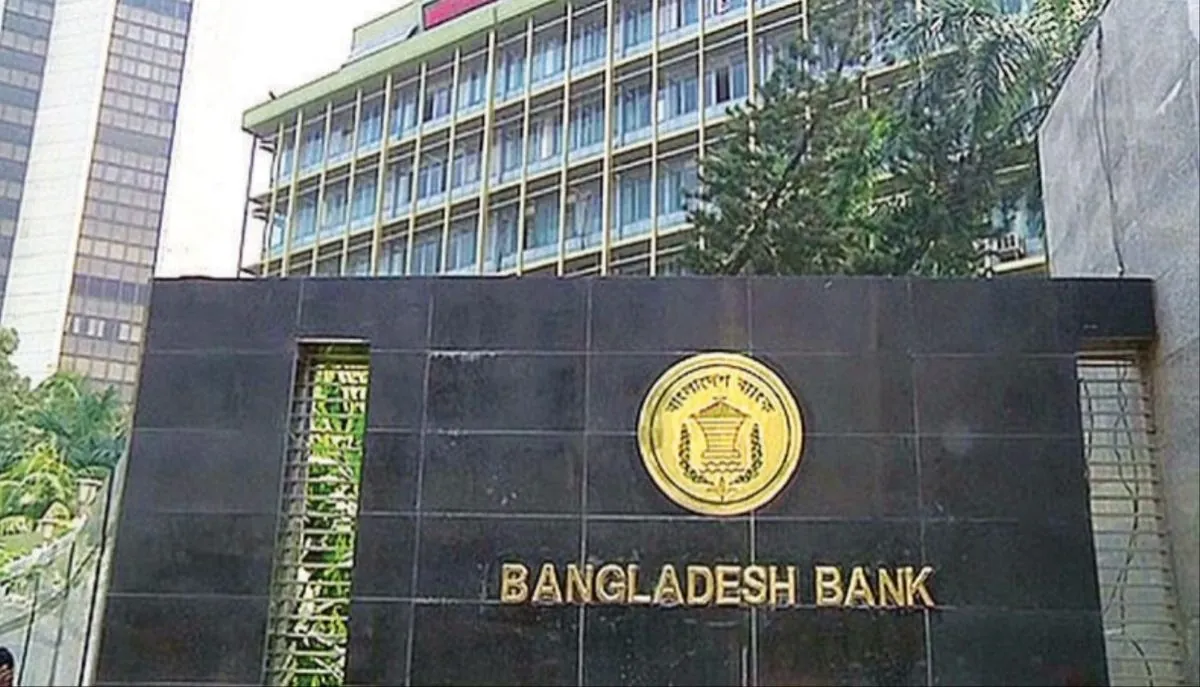
Approximately one year ago, on 2023-08-07, Bangladesh Bank, the country's central bank, experienced significant turmoil as protests led to multiple high-level resignations. The event unfolded at the bank's headquarters in Dhaka, where 300-400 officials demonstrated against alleged corruption among top officials.
The protests resulted in the forced resignation of four deputy governors, with demonstrators also calling for the resignation of Governor Abdur Rouf Talukder, who was absent during the demonstrations. Nurun Nahar, a deputy governor, temporarily continued operational work but was expected to step down upon the appointment of new deputies.
This internal upheaval came in the wake of broader political unrest in Bangladesh. Just two days prior, on 2023-08-05, then-Prime Minister Sheikh Hasina had resigned and left the country following weeks of protests that had escalated from student demonstrations against job quotas to a movement demanding her resignation.
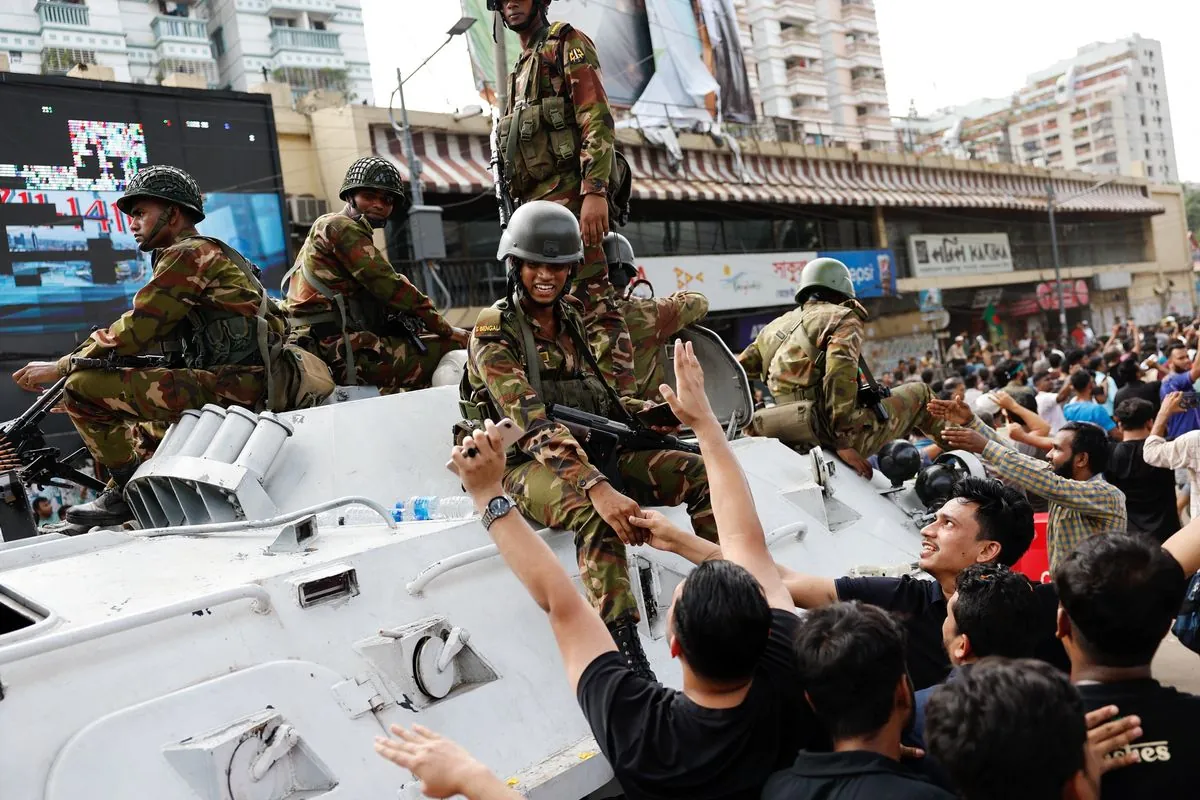
The turmoil extended beyond the deputy governors, with the chief of the financial intelligence department and the policy adviser to the central bank also tendering their resignations. Bangladesh army personnel were present to ensure the safety of officials and facilitate their departure from the bank premises.
Bangladesh Bank, established on December 16, 1971, plays a crucial role in the country's economic landscape. As the apex regulatory body for the monetary and financial system, it is responsible for formulating and implementing monetary and credit policies, issuing the national currency (Bangladeshi Taka), and maintaining price stability while supporting rapid economic growth.
Despite the upheaval, the bank had announced its monetary policy for the first half of fiscal year 2024-25 in July 2023, with the next policy announcement originally scheduled for January 2024. It's worth noting that as of the current date, 2024-08-07, this policy would have already been implemented, potentially with adjustments due to the internal changes at the bank.
"Although many officials, including myself, continue to work, we support the protests."
The central bank's responsibilities extend beyond policy-making. It regulates and supervises other banks and non-bank financial institutions, promotes financial inclusion initiatives, and works on modernizing payment systems. Bangladesh Bank also manages the country's foreign exchange reserves and has been actively promoting green banking initiatives.
As the situation continues to evolve, the impact of these resignations on the bank's operations and Bangladesh's broader economic landscape remains to be seen. The bank's ability to maintain its crucial functions, including publishing regular reports on the country's economic and financial situation and strengthening anti-money laundering measures, will be closely watched in the coming months.


